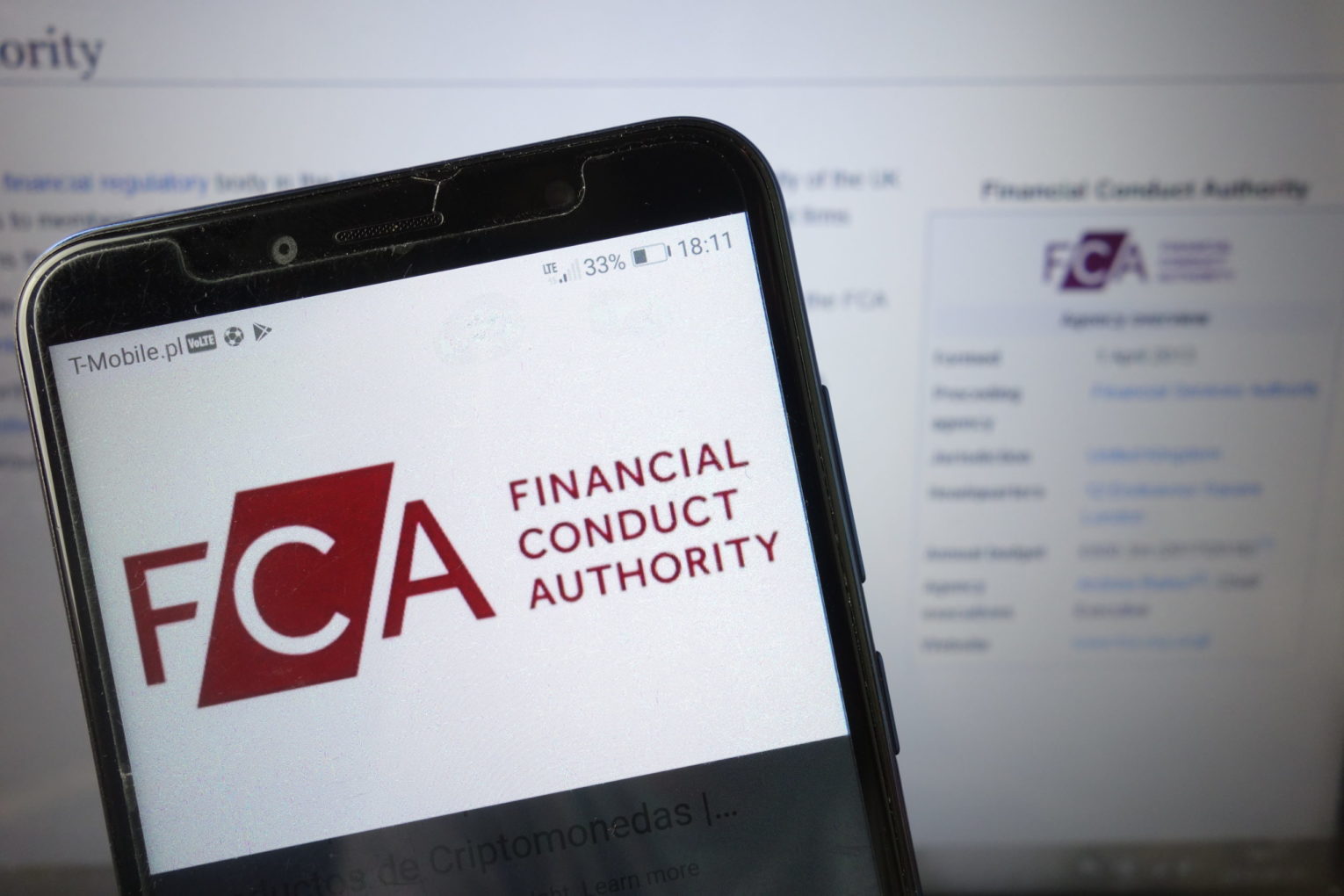
The FCA Supreme Court Test Case update
The FCA Supreme Court Test Case update
Overview
The Supreme Court handed down judgment on the 15th January 2021 on the FCA Business Interruption Test Case. It held resoundingly in favour of the FCA (on behalf of the policyholders) in relation to all types of clause under consideration - "Disease" clauses, "Prevention of Access" clauses and "Hybrid" clauses.
The judgement is only in respect of these clauses, the definition and intention of the cover, and the way in which insurers should deal with claims.
Therefore, the majority of policyholders will still not have cover under a standard insurance policy. To progress, each insured must have the applicable business interruption loss of revenue or gross profit cover and the applicable disease, prevention of access or hybrid wordings that could be deemed to grant cover following this ruling.
We are reviewing the ruling and are working with any policyholders who may have a potential claim to be presented to insurers.
Background
In May 2020 the UK’s Financial Conduct Authority (FCA) announced that it would be commencing a ‘test case’ against insurers, amidst widespread disagreement between policyholders and their insurers as to whether losses caused by COVID-19 were covered under existing business interruption insurance policies. Less than 9 months later, the UK’s Supreme Court, the country’s highest court, has handed down its eagerly anticipated judgment on the matter.
The UK Supreme Court in the Test Case on Business Interruption Insurance, brought by the FCA on behalf of policyholders, has decided that the FCA’s appeal (on behalf of policyholders) should be substantially allowed, with insurers’ arguments widely dismissed.
Commercial Court ruling
The ruling is in relation to specific clauses that are or are not within a business interruption section of an insurance policy.
Potential claims must:
1. Have insured their full revenue or loss of gross profit under a business interruption section of an insurance policy (not just increase cost of working).
2. Have specific disease, prevention of access or hybrid extension clauses.
3. A valid claim based upon the wording of the individual insurance contract.
The FCA selected a representative sample of 21 policy wordings that it would ask the Court to rule on. Those policy wordings were allocated into 3 categories by the Commercial Court.
The ruling is on the 3 main policy extensions noted below. Each policy and potential claim must be reviewed in their own merits and will need to demonstrate cover for the below:
1. Disease clauses – clauses that provide cover for business interruption following the occurrence of a notifiable disease within a specific radius of insured premises.
2. Hybrid clauses – clauses that provide cover for business interruption following restrictions being imposed on a premises as a result of a notifiable disease occurring within a specific radius of the insured premises.
3. Prevention of Access clauses – clauses that provide cover for business interruption following the prevention or hindrance of access or use of the premises following government or local authority action.
The Commercial Court handed down its judgment in September 2020. Broadly, the position adopted by the Court was that Disease clauses did provide cover (subject to certain exceptions based on specific policy wording), as did Hybrid clauses (albeit cover may be more restricted based on a narrow construction of certain terms related to business closure and use). However, Prevention of Access clauses, on the whole, did not provide cover (again, subject to certain exceptions based on particular policy wording).
The FCA, and some insurers, appealed the Commercial Court’s judgment directly to the Supreme Court.
What issues were the subject of appeal?
For the FCA, on behalf of policyholders, the focus of the appeal was on the interpretation of particular phrases such as “restrictions imposed” and “inability to use”, as well as on issues of quantum, such as an insurer’s right to take into account a decline in income prior to closure (but still directly or indirectly linked to the pandemic), when calculating what that business’ actual loss was over the period, and how much it is required to pay out.
The FCA did not appeal the Commercial Court decision on the local effect of Prevention of Access clauses, so the appeal dealt primarily with certain aspects dealing with Hybrid clauses and the associated assessment of losses for claims that were covered (according to the Commercial Court).
For insurers, the points of appeal included a) challenging the Commercial Court’s determination of the relevant insured peril as a “composite” one, b) challenging issues of causation between individual COVID-19 cases and the national lockdown, and c) the appropriate ‘counterfactual’ scenario that an insured’s losses should be measured against (i.e. is the loss based on what a business would have earned had there been no pandemic and no lockdown, or based on what a business would have earned had there been no lockdown, but with COVID-19 still gripping the nation?).
What has the Supreme Court decided?
The FCA were largely successful in their points of appeal. In its judgment, the Supreme Court held:
1. Disease clauses – the majority of the Supreme Court disagreed with the Commercial Court’s ruling and held that only business interruption losses caused by cases of the disease within the specified radius of the premises were covered. However, although this was one issue of principle in which insurers were successful, ultimately it made no difference to the outcome, given how the Supreme Court ruled on the causation issue (see below).
2. Prevention of Access and Hybrid clauses – agreeing with the FCA, the Supreme Court disagreed with the Commercial Court’s interpretation of terms such as “restrictions imposed” and “inability to use”. In the case of the former, it was not necessary for measures to have the ‘force of law’ to amount to a restriction imposed. Instead, measures introduced by a competent authority in mandatory and clear terms, or which carry the imminent threat of compulsion, will be sufficient. As to an “inability to use”, the Supreme Court also adopted a wider interpretation than the Commercial Court, holding that this may well be satisfied if a policyholder cannot use its business (or part of its business) for a discrete activity.
3. Causation – because of the Court’s ruling on the interpretation of Disease clauses, the issue of causation became of huge significance. The Supreme Court did not accept insurers’ argument that, because lockdowns and losses would have been incurred by policyholders even if there was not a case of COVID-19 within the specified radius, there was not a sufficient connection between the particular occurrence of COVID-19 and the loss (i.e., the Government action was in response to all cases, not just those cases in a particular radius). As a result of the Supreme Court’s ruling, cover is likely to be available to a policyholder under a Disease clause if it can demonstrate that there had been a single case of COVID-19 within the particular radius prior to the lockdown/restriction being introduced.
Although the ‘local effect’ of certain Prevention of Access clauses was not at issue in the appeal, we may well see individual policyholders revisiting their policies and seeking to apply the Supreme Court’s rationale to those clauses and establishing cover where there seemed no prospect of obtaining any after the Commercial Court’s ruling. This is something to keep an eye on in the coming weeks and months.
4. Trends clauses – the Supreme Court held that trends clauses (i.e., clauses allowing an insurer to adjust a policyholder’s loss to take into account prevailing trends and circumstances) cannot be used by insurers to deprive policyholders of the benefits of cover, if those trends and circumstances arise from the same insured risk. In other words, the policyholder’s loss cannot be reduced by arguing that there would have been no business in any event because of the pandemic.
5. Pre-trigger downturns in business – many policyholders had started to see a reduction in business because of the pandemic, prior to any lockdown or other restrictions being imposed on them. Consistent with their approach to the trend’s clauses, the Supreme Court
held that these ‘pre-trigger’ trends could not be used to reduce a policyholder’s insured loss.
6. The Orient Express case – In its judgment in September 2020, the Commercial Court held that, although it was not applicable to the circumstances in front of them, the Orient Express Hotels v Assicurazioni Generali case was wrongly decided. The Supreme Court has looked again at the Orient Express case and agreed with the Commercial Court that it had been wrongly decided and should be overruled. Similar to the detailed analysis of the law of causation the Court undertook, where an insured risk and an uninsured risk operate together, as long as the damage caused by the uninsured peril was not excluded under the policy, any loss resulting from both causes operating concurrently is covered. This aspect of the judgment is likely to have significant ramifications in the calculation of losses in business interruption cases following natural disasters and other instances of physical damage, and the market needs to review its BI wording to address this.
What does this mean?
We expect some businesses to submit claims to their insurers following the Supreme Court’s judgment (including some businesses who have previously had their claims declined following the Commercial Court’s judgment). We are reviewing the potential to make any claims and will advise you if we feel there is potential for any cover.
Additional resources
The full Judgment can be found on
https://www.supremecourt.uk/news/latest-judgments.html
Fenchurch Law judgement overview
Webinar - FCA Test Case: The Supreme Court Judgment - Fenchurch Law
The FCA is consulting on the process how claims can be proven and this has been extended until the 22nd January 2021.
https://www.fca.org.uk/publications/guidance-consultations/draft-guidance-business-interruption-insurance-test-caseproving-presence-coronavirus
Ascend Covid FAQ
Ascend update 21st January 2021
Click here to read the Ascend update on the matter
This document (and any information accessed through links in this document) is provided for information purposes only and does not constitute legal advice. Professional legal advice should be obtained before taking or refraining from any action as a result of the contents of this document.Recent Posts
Ascend Broking0 Comments
DDoS Attacks – What Do They Mean For Businesses?
Ascend Broking0 Comments
Good luck in Sunday’s London Marathon, Stuart!
Ascend Broking0 Comments




